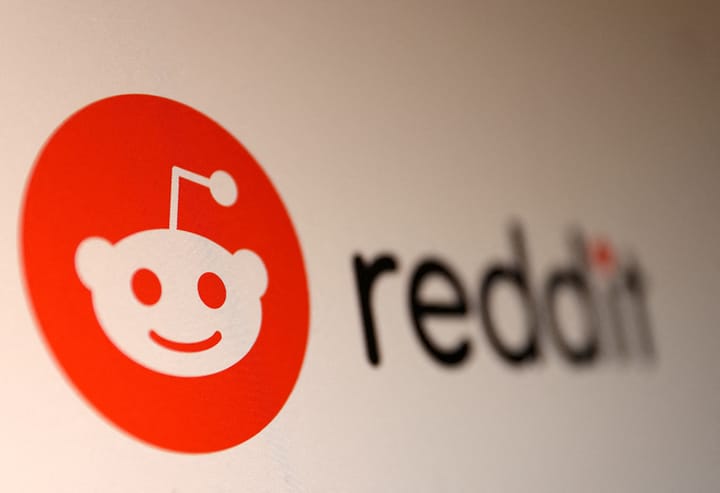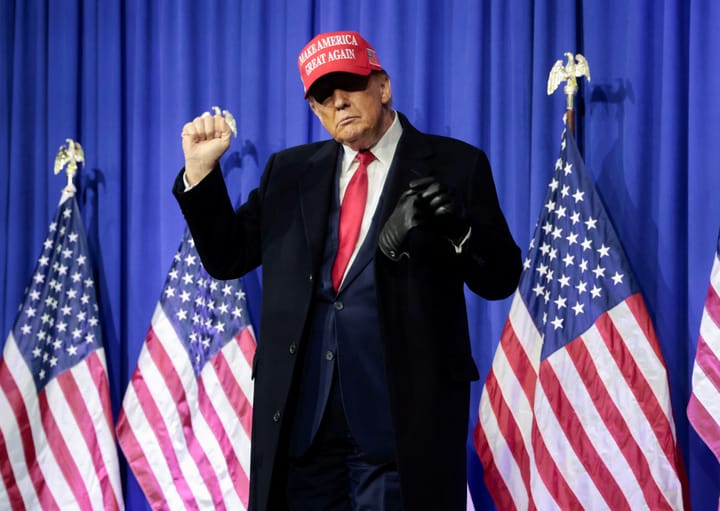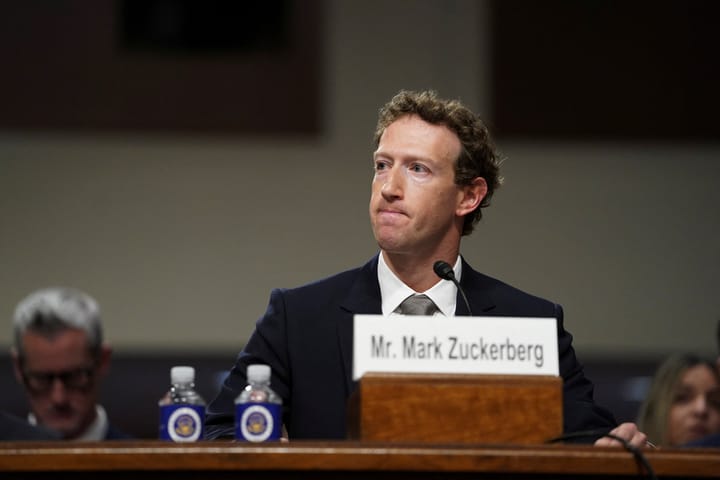The #MeToo Movement is a global reckoning for sexual abusers

A few minutes every morning is all you need.
Stay up to date on the world's Headlines and Human Stories. It's fun, it's factual, it's fluff-free.
The February 24 conviction of former Hollywood mogul Harvey Weinstein on charges of rape and sexual assault spawned headlines touting the verdict as a “reckoning” and a victory for the #MeToo Movement. With Weinstein’s downfall, it remains to be seen how the movement will continue to grow, especially as it has morphed into an international cause.
It would appear that the #MeToo Movement is just getting started as it is now spreading through Latin America, Europe, and Asia. However, back in Hollywood where Weinstein once ruled, it’s unclear how the film industry will adapt to this change.
The origins of the #MeToo Movement
Though “Me Too” was a rallying cry for victims of sexual abuse prior to the Weinstein scandal, the popularization of the #MeToo Movement began in October 2017. That was the month in which two separate articles — in The New York Times and The New Yorker — laid out Weinstein’s sexual misdeeds.
Shortly thereafter, actress Alyssa Milano used her Twitter account to call on women to use the #MeToo hashtag when recounting their stories of sexual harassment and assault. Her tweet sent the #MeToo hashtag viral.
In the two years since, dozens of prominent men (and some women) have had their sexual misdeeds plastered over headlines in national newspapers. Many powerful men, like Kevin Spacey and Matt Lauer, lost their jobs. At the same time, headlines began to appear asking whether the #MeToo Movement had gone too far.
While American media was busy wrestling with that question, #MeToo was crossing borders.
#MeToo in Mexico
In March 2019, a Guardian article discussed how the #MeToo Movement had reached Mexico, largely due to the viral capabilities of Twitter. The report explained that 73% of women in Mexican media had experienced harassment in some form or another at work.
On March 23, a Mexican editor used Twitter to ask people to anonymously submit their stories of sexual abuse via email. The tweet included the hashtag #MeTooEscritoresMexicanos (#MeTooMexicanWriters).
The initial #MeTooEscritores hashtag, the Guardian reported, led to others, including #MeTooCine (#MeTooCinema), #MeTooAcademicosMexicanos (#MeTooMexicanAcademics) and #YoTeCreo (#IBelieveYou).
#MeToo in the Spanish-speaking world
In recent years, Spain has been confronted with its own culture of sexual abuse, with a number of high-profile rape cases sparking outrage. Two cases involved five men raping female victims, one at the 2016 San Fermin festival in Pamplona, best known for the annual Running of the Bulls. The other rape occurred in October 2016 and involved a drugged 14-year-old girl.
In both cases, light sentences handed down for the perpetrators led to protests across the nation and a call for Spain to change its laws related to sexual assault and rape.
In November 2019, a Chilean anti-rape anthem entitled “Un Violador en Tu Camino” (“A Rapist in Your Path”) became an international viral hit. The song was written by Lastesis, a feminist theater group from Valparaíso.
Videos of groups of people performing the song spread across YouTube and social media platforms. Beyond Chile, public performances were organized in Colombia, Mexico, and Spain, as well as other non-Spanish-speaking countries.
#MeToo in Asia
In Asia, Japan and India have become focal points as the call for an end to sexual violence and abuse grows.
A June 2019 article in The Economic Times claimed 2018 was “the year when #MeToo shook India.” Numerous prominent figures in India’s Bollywood film industry were caught up in it, including popular actors Nana Patekar and Alok Nath. Patekar was accused of sexual harassment by actress Tanushree Dutta, while Nath was accused of raping writer/director Vinta Nanda.
A New Delhi-based Twitter account, #MeTooIndia, launched in October 2018 to “amplify voices from #MeToo.”
Meanwhile, Japan has perhaps had its own #MeToo reckoning. In December 2019, Shiori Ito, a Japanese reporter, won her lawsuit against a bureau chief, Noriyuki Yamaguchi, who she alleged raped her. The civil court awarded her ¥3.3 million (US$30,000).
In 2017, Ito wrote about the rape that allegedly took place in 2015. However, police declined to arrest Yamaguchi, so Ito filed her civil suit. For many in Japan, Ito became the face of the country’s #MeToo Movement, and her victory in the lawsuit represented a victory for the movement.
Women’s issues on a global scale
While the #MeToo Movement has had notable victories of late, there remain many fronts on the international stage where women still face difficult battles.
In 2019, a string of femicides – the murder of women related to domestic abuse – across Europe, including in Spain and France, is leading to painful self-inspection. There were more than 100 femicides committed in France in 2019 alone.
In June, Spain, which only started recording femicides as a separate category in 2003, recorded its 1,000th femicide since records began. These deaths have led to calls for European governments to address the problem more directly.
Meanwhile, though the #MeToo Movement has reached the Arab world, Israel-based newspaper Haaretz reports that women in Middle Eastern and North African nations fear it is an uphill battle. Calling out powerful men or even relatives for sexual harassment or rape is “still not something that is done.”
When Mai El-Shami, an Egyptian journalist, filed a sexual harassment lawsuit against her boss, Dandarawi Al-Harawi, El-Shami was banned from the newspaper and Al-Harawi faced no consequences.
Hollywood’s reckoning with #MeToo
The recent conviction of Harvey Weinstein on two counts — third-degree rape and first-degree sexual assault — is one of the highest profile successes for the #MeToo Movement.
This year, Hollywood has addressed the movement with films dealing directly with the subject.
The film “Bombshell”, about a sexual harassment scandal at Fox News involving former CEO Roger Ailes, earned actresses Charlize Theron and Margot Robbie Oscar nominations.
Apple TV+, one of the newest streaming platforms, released a new series, “The Morning Show”, which chronicles the turmoil at a fictional morning TV news show when the lead anchor is let go following accusations of sexual impropriety. That show led to Golden Globe nominations for actresses Jennifer Aniston and Reese Witherspoon.Yet, both “Bombshell” and “The Morning Show” were met with middling reviews from critics, and the former, while still playing in certain countries, hasn’t yet earned back its budget from ticket sales.
[article_ad]




Comments ()